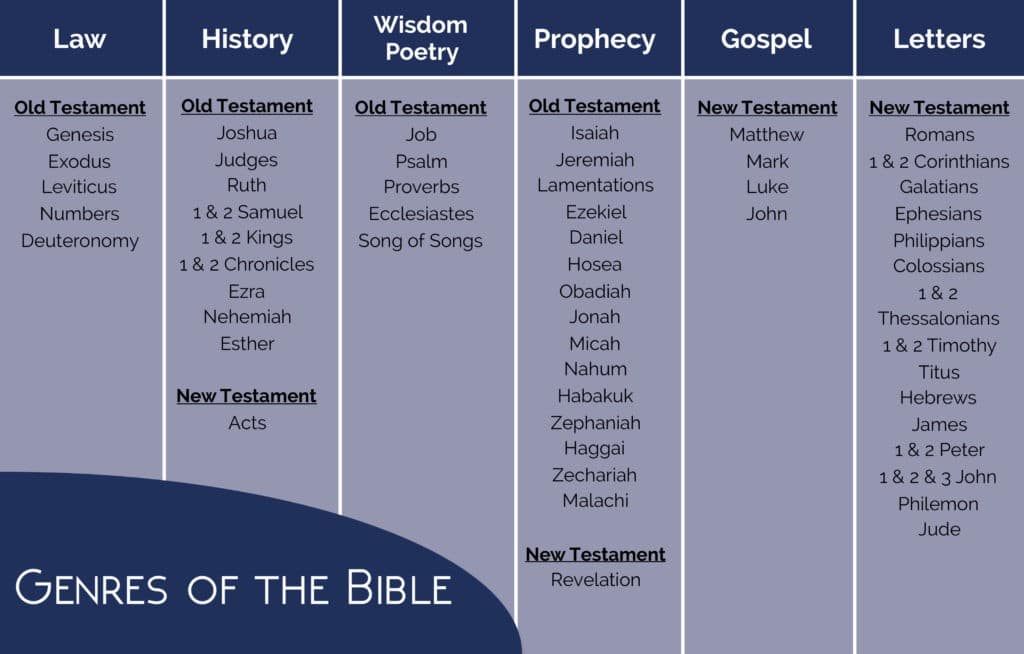The Bible is not written TO you. BUT. The Bible it is written FOR you.
Hear me out. There is an important distinction here.
However we view the Bible is the lens in which we will read and interpret it. If we think of it as a personal letter from God to us, then we will read it as such. But when we do that we are missing out what the Bible is actually about.
The authors of the Bible were not thinking of you when they penned their respective books. They were, however, thinking of someone. Their words weren’t written to a 21st century culture. Rather they were written to an ancient culture with drastically different norms.
Again, the Bible is not written TO you. BUT. The Bible it is written FOR you. That might seem like we are just splitting hairs. But it’s this lack of understanding of who the Bible is written to that has lead many to misuse and misunderstand the Bible.
So let’s start from the beginning…
So, Who is the Bible Written To?
If the Bible isn’t written to me, then who is it written to?
Here’s the first problem with answering that question. The Bible wasn’t written to any single person or people group. Rather it is a the collection of books written by different authors, to different cultures, at different times.
Here’s just a few:
- Luke and Acts are written to one person, Theophilus.
- The Epistles (Paul’s letters) were written to specific churches or people.
- Genesis was written to the Nation of Israel.
- The other books of Law were also written to Israel.
- Psalms is a collections of more or less private poetry not written to anyone.
- Matthew, Mark, and John were directed at a different cultural audience.
The point is, the Bible was not written to you. But it was written to someone. Not a singular person. Rather multiple people. Each book has an audience that it was written to. Each audience lived in a specific time and had their own culture surrounding them. And you need to understand who those person(s) are before applying it to your life. If you don’t you will likely not fully understand, or possibly even misunderstand what the Bible is telling us today.
The Bible isn’t only written to specific people. It’s also written in different ways.
Understanding the Genre
We already know that the Bible is written to a specific people and in a specific culture, but each book is also written in a specific way.
Part of the beauty of the Bible is that it doesn’t just tell you truth in one way. Rather it takes advantage of multiple genres to show the complexity of God and the spectrum of human experience.

Think of it this way. You don’t read a history book the same way you read poetry. And you aren’t going to read a book of law the same way you read a letter from a friend. You read each of those in a different manner.
In the same way you shouldn’t read Acts the same way you read Psalms. They are different genres. You can read more on that here: How to Read the Bible (better)
Each book of the Bible is written to a specific person or people group in a specific culture and in a specific way.
What Happens When We Ignore The Who
One example I like that shows how we often miss the point when reading like this is Genesis 1-3, the Creation Story. Many read this story with a 21st century mindset; it’s a story about how God literally created the world. However, this book wasn’t written to a science-minded people. Rather an ancient group that lost their identity. They didn’t care about the science behind it, and it wasn’t written with that in mind. They saw their identity in the story.
At this point I know some of you are thinking, he just said Genesis isn’t literally true! That proves my point. The point isn’t is Genesis literal or not. What I’m getting at is because we are so ingrained in reading the Bible with our 21st Century eyes we missed the point of many stories in the Bible. Genesis 1-3 is an incredible story with rich applications. But we’ve boiled it down to God creating the world in a literal 7 days. That’s not the point of this story! Our modern reading has caused us to miss the point.
I’ve written a whole article on this, you can read it here: We’ve Missed the Point of the Creation Story
When we ignore who the Bible was written to and the way it was written it can cause us to miss what’s really going on. Many of the crazy ideas out there today stem from someone doing this.
After You Understand Who, You Can Apply It To You
I impressed myself by accidentally rhyming.
Remember, the Bible isn’t written TO you, but it is written FOR you. In other words, the Bible contains truth and we should read it and apply it to our lives. The Bible tells us about God, his plan for redemption, and our role in his story. It’s certainly for us today. But we must understand the original context before applying it to ourselves.
I know this makes many uncomfortable. But what I’m NOT saying is that the Bible isn’t for us. It’s of no use to us. Or that it doesn’t contain truth. Rather what I’m saying is that we have to understand the culture, the people, and the way it was written in order to fully understand what it means to us.
The Bible is written FOR us. And we should read it, study it, and apply it to our lives. But many have gotten the wrong idea because they have ignored the original meaning and the original audience. Once we understand the original meaning we can understand and apply the truth of the Bible to our lives.
Don’t forget to share your thoughts! Leave a comment below!
- The Powerful Proverbs 27:17 Meaning (iron sharpens iron) - March 25, 2024
- What Is The Meaning Of James 1:17? (every good and perfect gift) - March 19, 2024
- Church, Your Hope Is Not In The Election. - March 19, 2024

